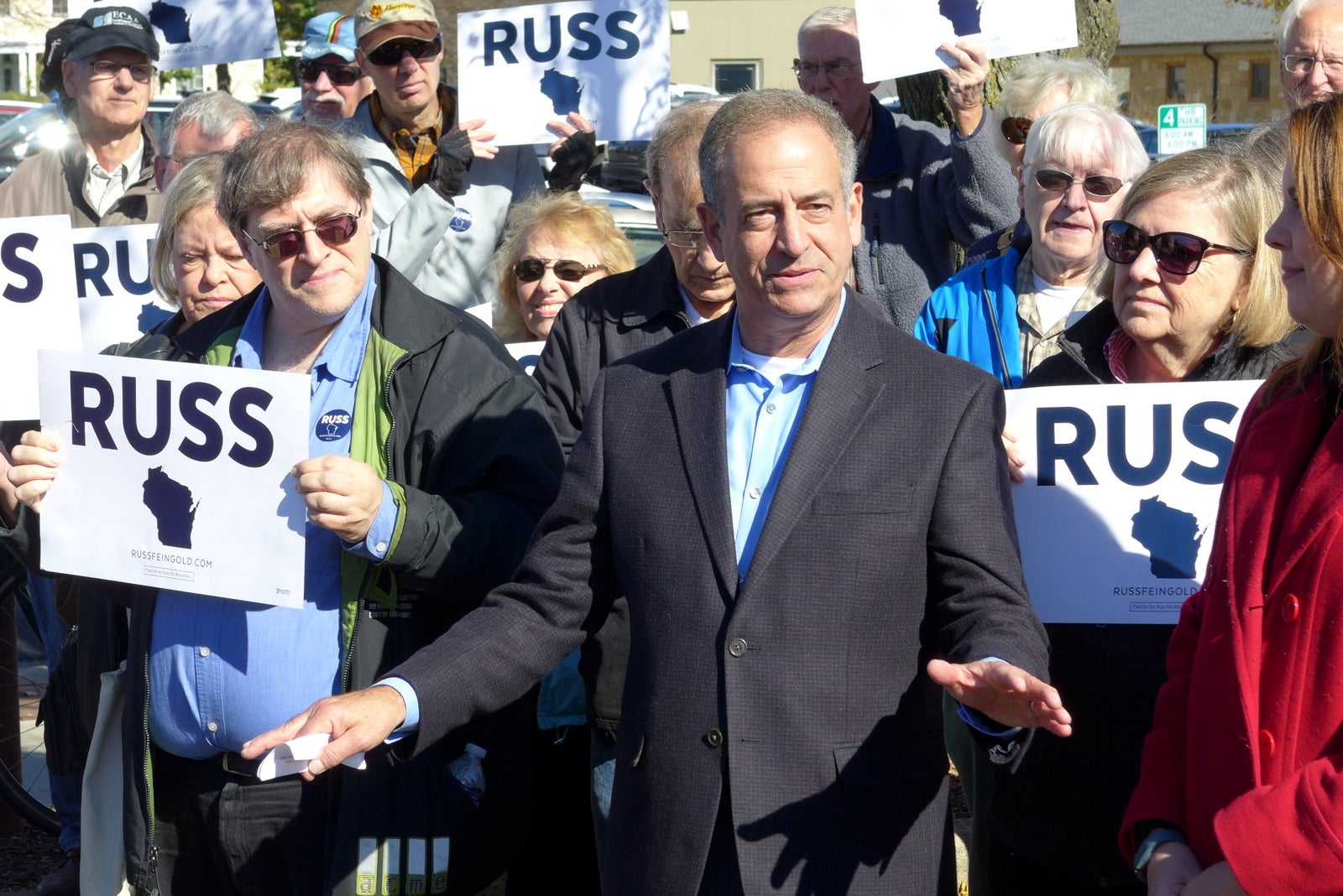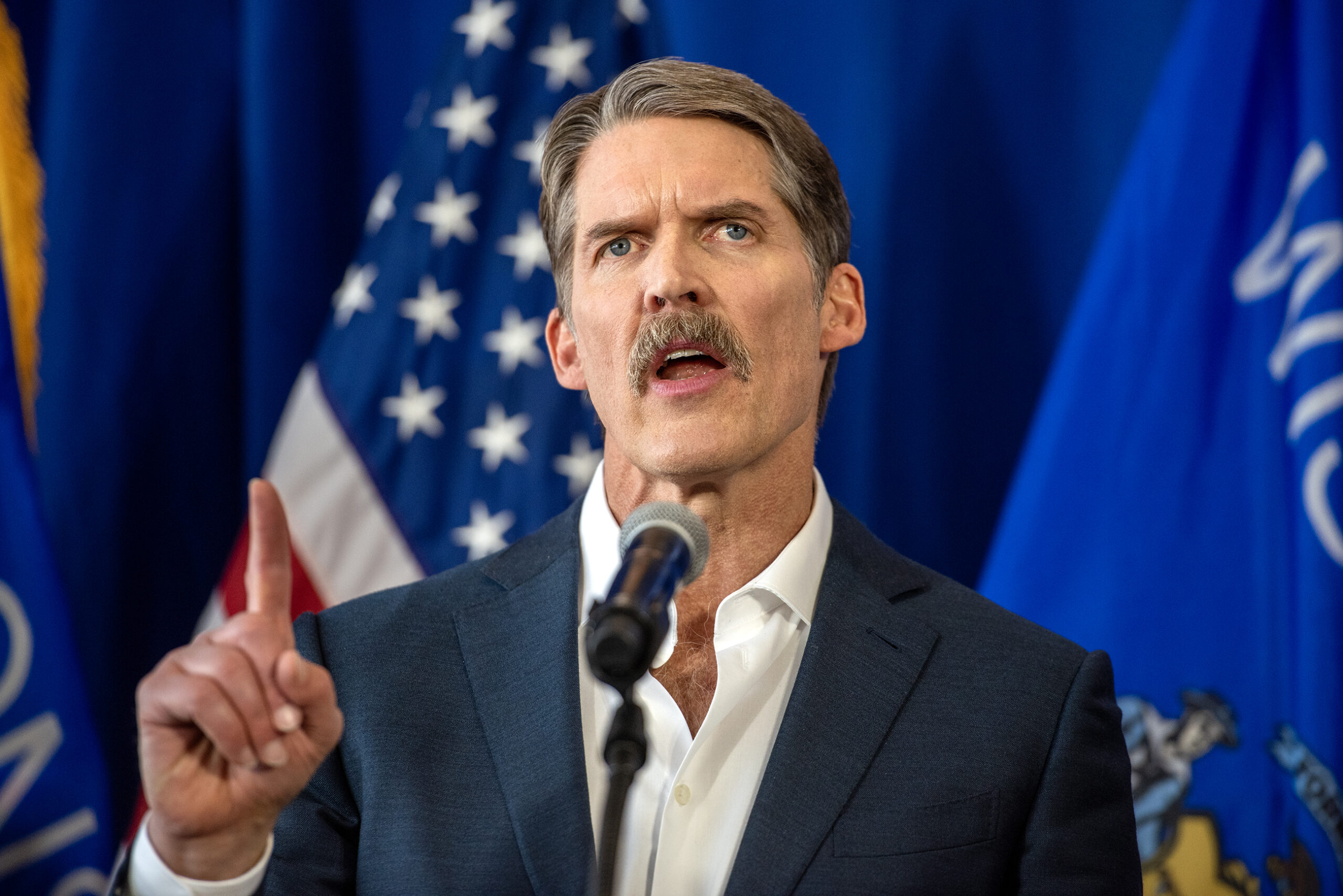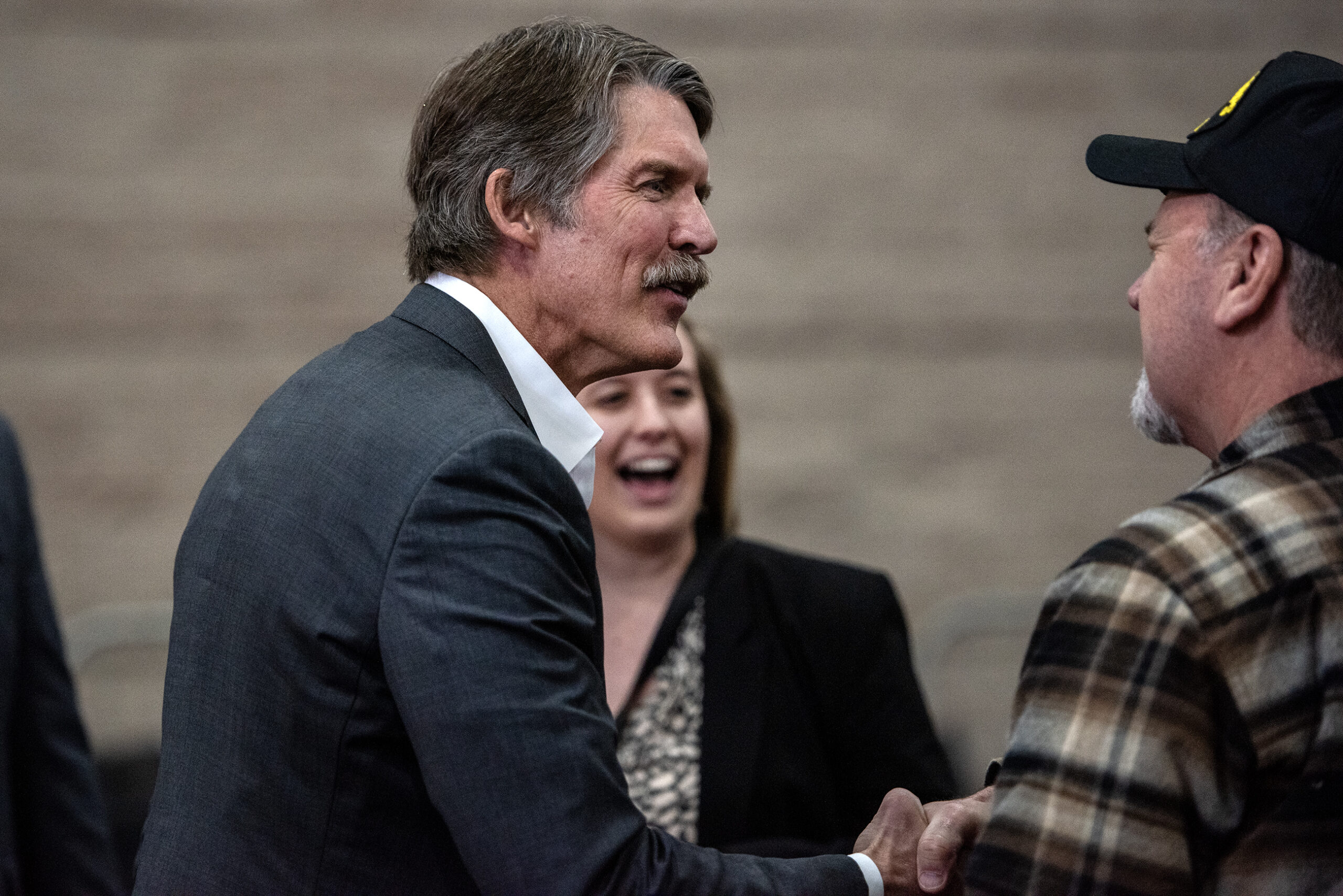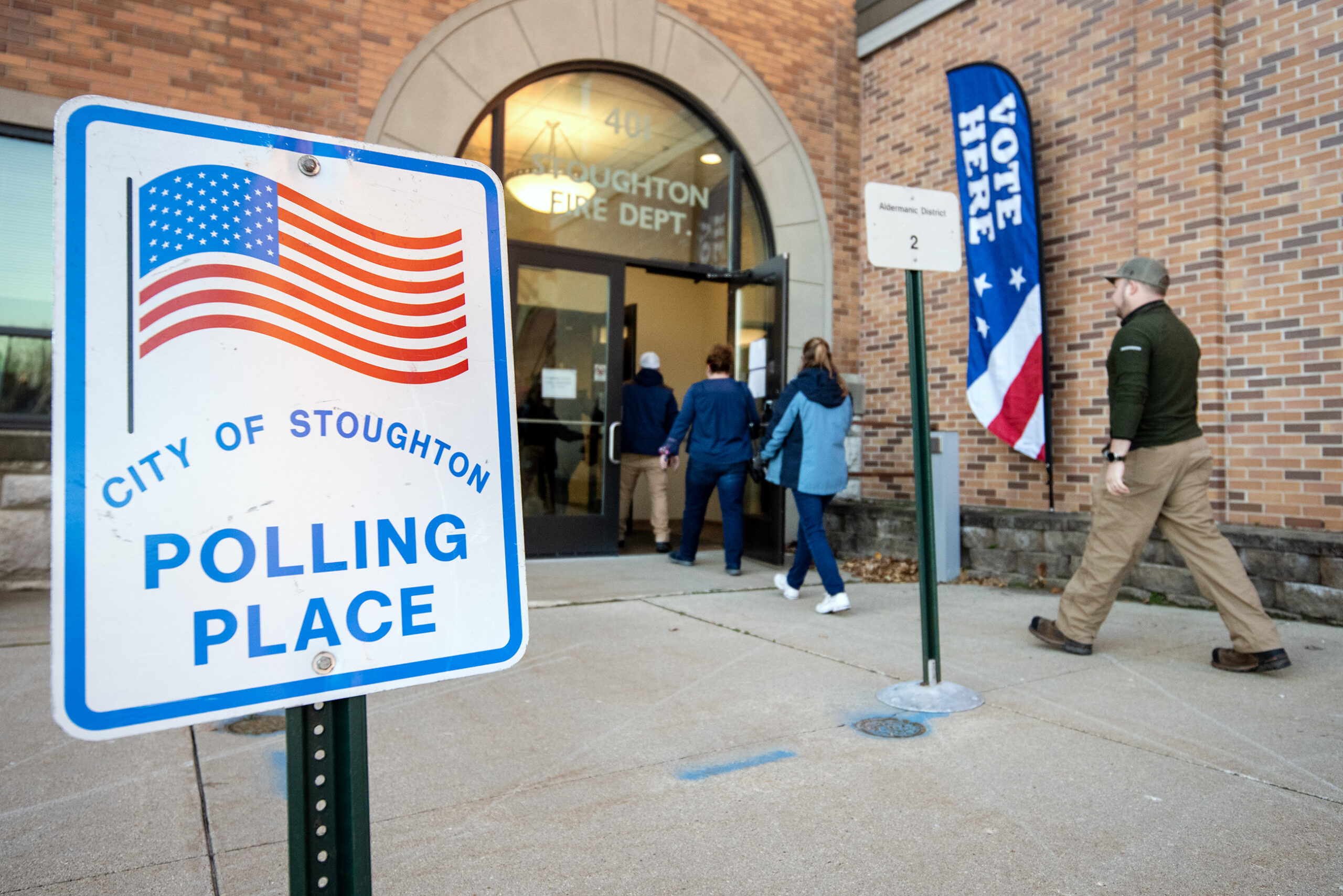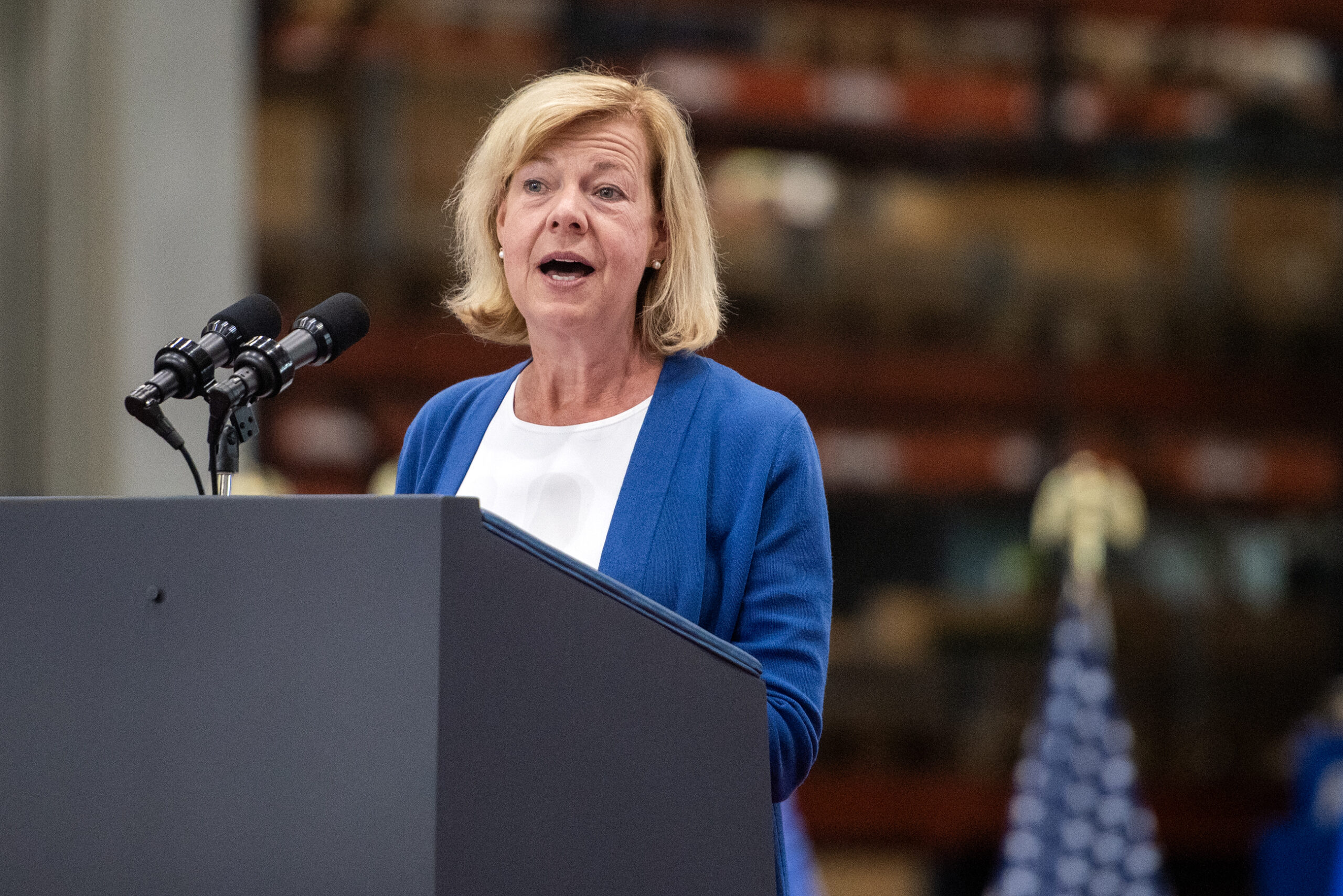Some people stumble into politics. For others, the calling comes late in life. But Russ Feingold has known he wanted to be in politics since he was a little boy.
The former Democratic U.S. senator’s entire career had led down the same ambitious path before he lost to Ron Johnson in the 2010 election. This year, he’s challenging Johnson in an effort to get back to the Senate, but Feingold’s political career and ambition are being used against him.
Feingold’s parents talked politics around the dinner table. He was inspired by President John F. Kennedy at a young age.
Stay informed on the latest news
Sign up for WPR’s email newsletter.
“He was such a positive image of politics that I got it in my head that politics can and should be an honorable profession,” Feingold said. “That public service is something that should be valued.”
It’s not just Feingold who remembers it that way. In a 2004 interview with Wisconsin Public Television, Feingold’s third grade teacher, Clarice Bergerson, said one particular class assignment made Feingold stand out.
“He wrote a little story, they all did, about what they wanted to do when they grew up,” Bergerson said in 2004. “And he said, ‘I would like to be president of the United States someday.’”
Lots of kids dream big, but Feingold backed it up with action. In eighth grade he ran for student council president. He called the experience a disaster.
“I came in fifth out of five people – total collapse,” Feingold said. “So then in the fall, I thought, alright, I’ll run for vice president of student council. Got beat. Then I ran for secretary. Got beat. Ran for treasurer. Got beat.”
Losing stung, Feingold said, but he kept at it. He got to know his classmates better, ran for class president the next year, and won.
Feingold was driven at every stage of his life. After graduating from the University of Wisconsin-Madison, he was one of 32 Americans to receive a Rhodes Scholarship to Oxford University in England in 1975.
Larry Sabato, director of the University of Virginia’s Center for Politics and namesake behind the politics website Sabato’s Crystal Ball, was one of Feingold’s classmates and friends at Oxford. When they met, Sabato knew Feingold wanted to study politics for a career. Feingold was already planning to run for office.
“I was impressed that he really had a clear path forward,” Sabato said. “He knew what he was going to do, and he made sure that what he did fit into that plan. I was not that organized. Others weren’t. But Russ was.”
Feingold graduated from Oxford in 1977 before he earned a law degree at Harvard in 1979. He won his first election to the Wisconsin State Senate in 1982.
Liberal talk radio host John “Sly” Sylvester met Feingold when they were working at a Madison law firm. He remembers watching election returns with Feingold in 1986 as Republican Bob Kasten won another six-year term to the U.S. Senate.
“He looked at the TV, and he said, ‘I’m going to beat that man,’” Sylvester said. “He goes, ‘I’m going to defeat him and everything that he represents.’”
Sylvester said a lot of Democrats told Feingold it wasn’t “his turn” to run for U.S. Senate.
“He didn’t take their advice,” Sylvester said.
When Feingold ran his long-shot campaign for U.S. Senate in 1992, his drive and belief in himself were front and center in his TV ads. They also showcased his pride in what he’d accomplished.
“They said a kid from Janesville would never win a Rhodes Scholarship, but I did,” Feingold said in one of the ads. “You can do anything if you put your mind to it.”
Feingold beat the odds and won his first of three terms in the U.S. Senate.
But in 2010, and again in 2016, it’s Johnson who has spent more time talking about Feingold’s scholarship and passion for politics.
“While Senator Feingold was off at Harvard and Oxford, I was actually taking my first taxpaying job, washing dishes at a Walgreens grill,” Johnson said at a recent campaign stop.
Johnson’s campaign has showed up at some Feingold events with someone dressed as the unofficial Stanford University mascot, a tree, as a way to point out Feingold’s work teaching classes at Stanford since he left the Senate.
And, as he did in 2010, Johnson has relentlessly attacked Feingold in the 2016 election as a career politician, a member of the Washington elite.
Sabato, who handicaps U.S. Senate races throughout the country, said he doesn’t think attacking Feingold for being an academic will sway voters in Wisconsin since most people know Feingold as a senator. Sabato bemoaned attacks against Feingold and other candidates for dedicating careers to politics.
“Don’t we want to encourage some of the best people, some of the most intelligent people to go into politics?” Sabato said. “We used to applaud that kind of thing because it actually involved self-sacrifice.”
Feingold said if it really bothered Johnson, he’d attack other career politicians such as Republican U.S. House Speaker Paul Ryan, of Janesville, or Gov. Scott Walker.
Johnson’s attacks worked six years ago. Feingold said he was at peace with losing, prepared to walk away. But now he’s back, vying for his old U.S. Senate seat and the career he’s dreamed of since he was a kid.
Wisconsin Public Radio, © Copyright 2024, Board of Regents of the University of Wisconsin System and Wisconsin Educational Communications Board.

